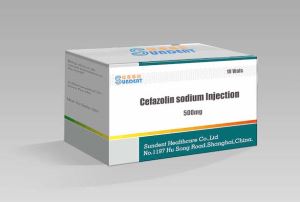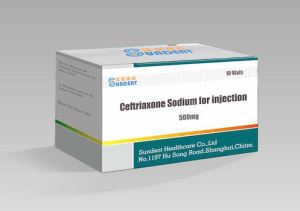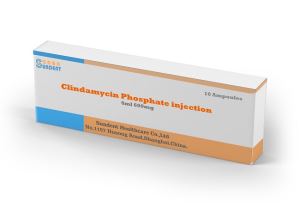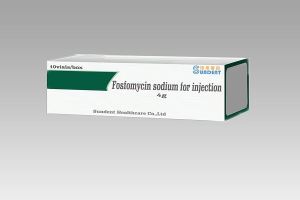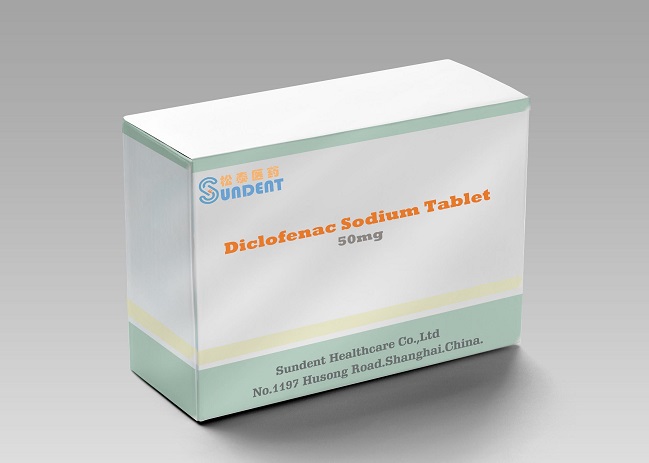


Diclofenac Sodium Tablets
-
Payment


-
Origin
China Mainland
-
Minimum Order
1
-
Packing
Pieces
- Contact Now Start Order
- Description
Product Detail
Diclofenac sodium tablets
Introduction
Product Name:Diclofenac sodium tablet, Diclofenac sodium enteric-coated tablet
Nombre del Producto: Diclofenaco sódico tableta
Specification: 50mg, 100mg
Package: 10tablets/blister/box, 1blister/box, 10blister/box
Standard: BP & CP
Usage & Dosage
Take this medication by mouth with a full glass of water (8 ounces / 240 milliliters) unless your doctor directs you otherwise. Do not lie down for at least 10 minutes after taking this drug. If you experience stomach upset with this medication, you may take it with food, milk, or an antacid. However, this may slow absorption and delay pain relief, especially if you are not taking this medication on a regular schedule.Swallow this medication whole. Do not crush, chew, or break the tablets. Doing so can destroy the special coating on the tablet and may increase side effects.The dosage is based on your medical condition, response to treatment, and other medications you may be taking. Be sure to tell your doctor and pharmacist about all the products you use (including prescription drugs, nonprescription drugs, and herbal products). To minimize side effect risks (such as stomach bleeding), use this medication at the lowest effective dose for the shortest possible length of time. Do not increase your dose or take it more often than prescribed. For chronic conditions such as arthritis, continue taking it as directed by your doctor. Discuss the risks and benefits with your doctor or pharmacist.For certain conditions (such as arthritis), it may take up to 2 weeks of regular use before the full benefits of this drug take effect.If you are taking this drug on an "as needed" basis (not on a regular schedule), remember that pain medications work best if they are used as the first signs of pain occur. If you wait until the pain has worsened, the medication may not work as well.Tell your doctor if your condition worsens.
Side effect
Upset stomach, nausea, heartburn, diarrhea, constipation, gas, headache, drowsiness, and dizziness may occur. If any of these effects persist or worsen, tell your doctor or pharmacist promptly.
Remember that your doctor has prescribed this medication because he or she has judged that the benefit to you is greater than the risk of side effects. Many people using this medication do not have serious side effects.
This medication may raise your blood pressure. Check your blood pressure regularly and tell your doctor if the results are high.
Precautions
Before taking diclofenac, tell your doctor or pharmacist if you are allergic to it; or to aspirin or other NSAIDs (such as ibuprofen, naproxen, celecoxib); or if you have any other allergies. This product may contain inactive ingredients, which can cause allergic reactions or other problems. Talk to your pharmacist for more details.
Before using this medication, tell your doctor or pharmacist your medical history, especially of: asthma (including a history of worsening breathing after taking aspirin or other NSAIDs), bleeding or clotting problems, heart disease (such as previous heart attack), high blood pressure, liver disease, growths in the nose (nasal polyps), stomach/intestinal/esophagus problems (such as bleeding, ulcers, recurring heartburn), stroke.
Interactions
Drug interactions may change how your medications work or increase your risk for serious side effects. This document does not contain all possible drug interactions. Keep a list of all the products you use (including prescription/nonprescription drugs and herbal products) and share it with your doctor and pharmacist. Do not start, stop, or change the dosage of any medicines without your doctor's approval.
Some products that may interact with this drug include: aliskiren, ACE inhibitors (such as captopril, lisinopril), angiotensin II receptor blockers (such as valsartan, losartan), corticosteroids (such as prednisone), cidofovir, lithium, methotrexate, "water pills" (diuretics such as furosemide).
This medication may increase the risk of bleeding when taken with other drugs that also may cause bleeding. Examples include anti-platelet drugs such as clopidogrel, "blood thinners" such as dabigatran/enoxaparin/warfarin, among others.
Check all prescription and nonprescription medicine labels carefully since many medications contain pain relievers/fever reducers (aspirin, NSAIDs such as celecoxib, ibuprofen, or ketorolac). These drugs are similar to diclofenac and may increase your risk of side effects if taken together. However, if your doctor has directed you to take low-dose aspirin to prevent heart attack or stroke (usually at dosages of 81-325 milligrams a day), you should continue taking the aspirin unless your doctor instructs you otherwise.
Related Keywords:We are considered as one of the leading manufacturers and suppliers of diclofenac sodium tablets. With the aid of our technologically advanced manufacturing section, we are able to offer customers diclofenac sodium tablets products which are tested on various quality parameters in order to supply flawless range at the customers' end.
- Metamizole Sodium Tablets 1 Pieces / (Min. Order)
- Metamizole Sodium Injection 1 Pieces / (Min. Order)
- Paracetamol Tablets 1 Pieces / (Min. Order)
- Paracetamol Infusion 1 Pieces / (Min. Order)
- Paracetamol Injection 1 Pieces / (Min. Order)


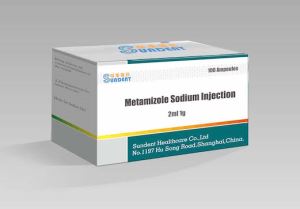

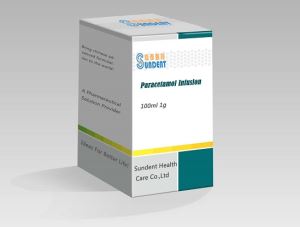
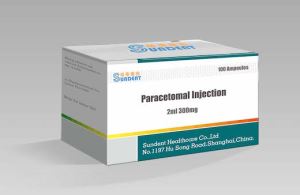
 Favorites
Favorites

